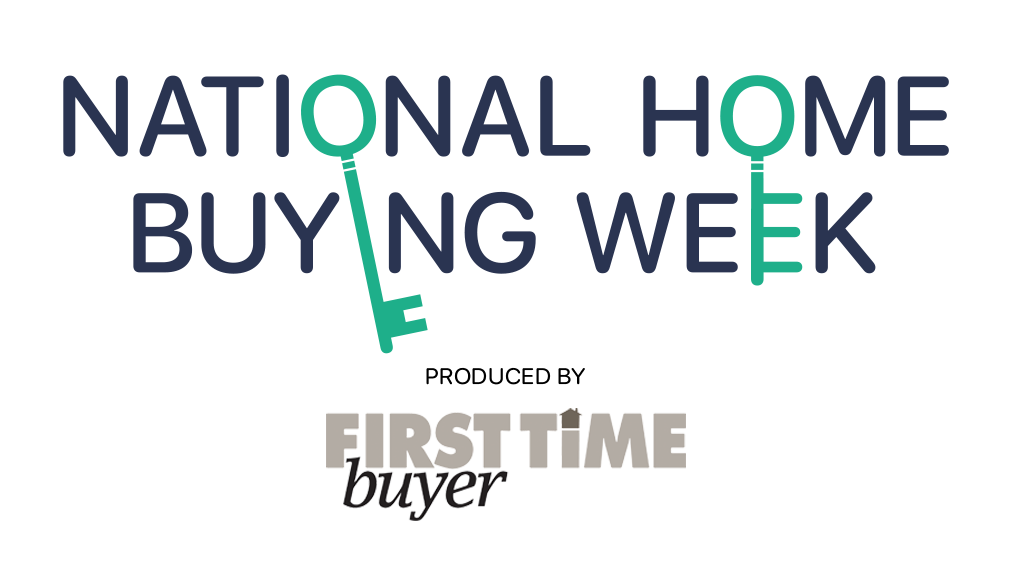All about credit
Credit Check
Whenever you buy goods or services that you pay for later – anything from a mobile phone to a house – the seller will want to know they will get their money. To help them decide if you are a good risk they will perform a credit check/credit search by approaching a credit reference agency such as Equifax, Experian or TransUnion. There are two types of check – a “soft search” which will be recorded but cannot be seen by other companies and a “hard search” which will leave a footprint on your file that will be visible to other companies.
Credit Score
Each credit reference agency uses its own algorithm to turn the facts about your financial life and history – overdrafts, loans or credit cards, missed or late payments, and any bad debts, county court judgments (CCJs), bankruptcies or Individual Voluntary Arrangements (IVAs) – into a number. The higher the number, the better risk you are considered to be.
So why does your credit score matter?
Companies such as mortgage lenders will use your credit score to decide not only if they will lend you money, but how much and at what interest rate, so having a cast iron credit score will help you get the mortgage you want.
What affects your score?
Anything that suggests you are not financially prudent will work against you – including debts and missed payments, especially if they lead to a court judgment, using payday loans or taking cash advances on credit cards. Having a large amount of credit already (eg multiple credit cards, loans, overdrafts) can look bad, even if you aren’t using it all.
Applying for a lot of credit in a short time can be a red flag – if you’ve been turned down don’t frantically apply at lots of other places, you are only putting more hard searches on your file and making things worse, however unfair that seems.
Being “invisible” can also make you a poor risk as there isn’t enough information to prove you are financially sensible. This is a particular issue for young people who have never accessed credit or those who mainly use cash.
How to improve your score
It’s a good idea to check your score before applying for any form of credit. Start by checking for mistakes or identity theft (where someone uses your details to apply for credit and then default). If you have a significant bad event on your file, but there are mitigating circumstances (a redundancy or serious illness, for example), you can add a “statement of excuse” to the credit report.
Credit agencies also take into account the behaviour of your “financial associates”, which means anyone you have taken out a joint financial product with, such as a bank account or loan. If that associate had poor credit and you are no longer financially involved you can fill in a “disassociation form”.
If your credit score is simply mediocre, you can make a difference fairly quickly:
· Register for the Electoral Roll via your local council. This is the quickest way to improve your score.
· Control existing credit. Ideally you should not be using more than 25% of what is available.
· Don’t keep changing current accounts. In general it’s good to shop around, but older, well-managed bank accounts give you higher scores, and new applications can lower your score.
· Set up direct debits for all your bills and credit card repayments (pay in full each month if you can) to avoid late or missed payments.
· If your problem is lack of credit history, consider a credit card designed for those with poor or no credit (eg Amazon Classic, Capital One Classic Complete or Tesco Foundation). Spend a smallish amount each month and pay in full and you will begin to improve your score.
· If you are paying rent regularly this doesn’t count towards building a credit score unless you take action. You can sign up to CreditLadder creditladder.co.uk to make your rental payments visible.
· You can also make regular payments like Spotify or Netflix count towards your score with Experian Boost


